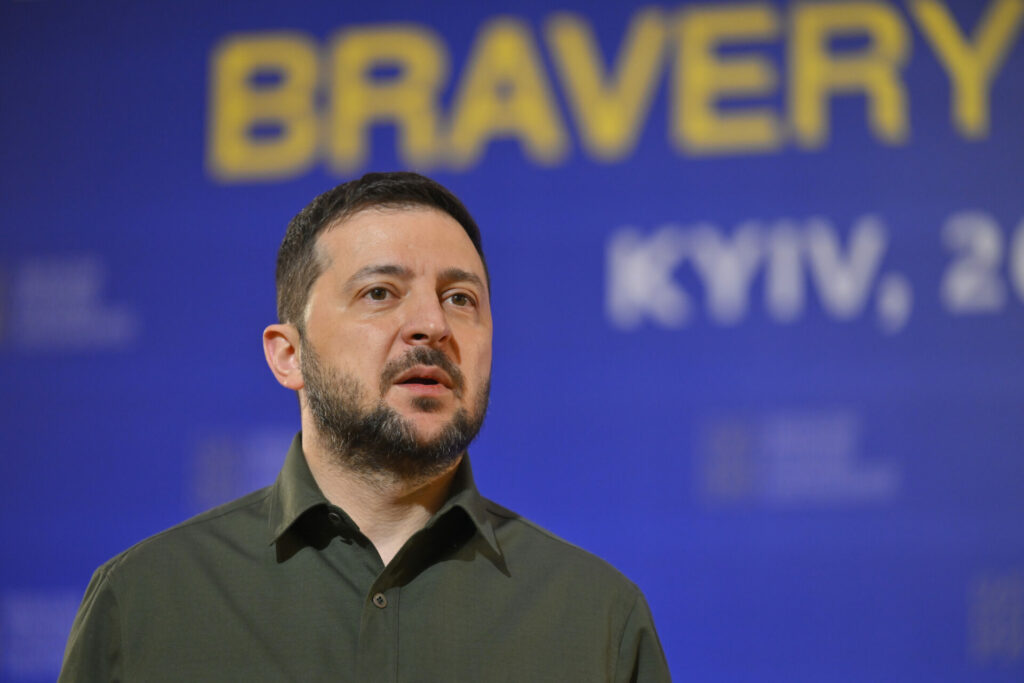Ukrainian President Volodymyr Zelenskyy is on his way to the United States to meet President Joe Biden for a "historic" visit, he announced on social media. It is the first time Zelenskyy has left Ukraine since the Russian invasion of his country in February.
Exactly 300 days after the Russian invasion of Ukraine, Zelenskyy left for the US capital Washington DC, where he is at the invitation of Biden. The US is by far Ukraine's largest donor and is said to have already provided nearly $50 billion in aid – including $20 billion in arms and military support.
"On my way to the US to strengthen resilience and defence capabilities of Ukraine. In particular, the President of the United States and I will discuss cooperation between Ukraine and 🇺🇸 the US," Zelenskyy posted on Twitter. "I will also have a speech at the Congress and a number of bilateral meetings."
In the run-up to Zelenskyy's visit, the security risks were thoroughly studied and he is now being flown to the US on an American Government plane from NATO territory in Eastern Europe.
The visit coincides with a debate in the US Congress on additional aid to Ukraine. Previously, US media reported that the US may want to send Patriot air defence systems to Ukraine, and a press release already announced "a substantial new support package" worth some $2 billion.
Related News
- A quarter of internally-displaced Ukrainians without heating
- UK to provide Ukrainian army with 10,000 extra winter equipment kits
- Putin visits Lukashenko in Belarus on Monday
Only the Secretary of Defence and President Biden would still have to sign off on the plan. With those anti-aircraft systems, Ukraine would be able to better defend itself against Russian airstrikes targeting mainly energy infrastructure and other civilian targets.
However, when they would be delivered remains unclear. Once arrived, it would take several weeks of training to learn how to work with it. Meanwhile, Russia has already stressed that it sees the possible delivery of the Patriot system as a serious Western provocation and that it will consider the system and crews as legitimate military targets.

